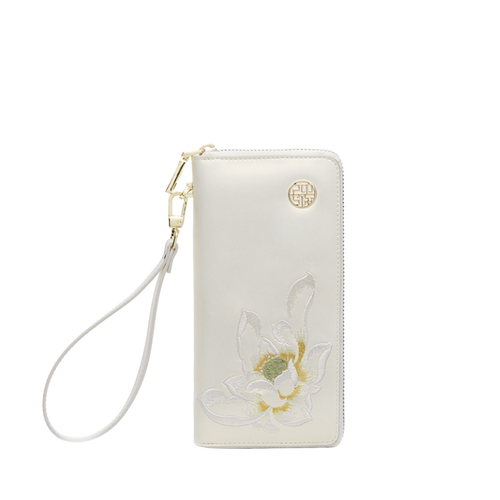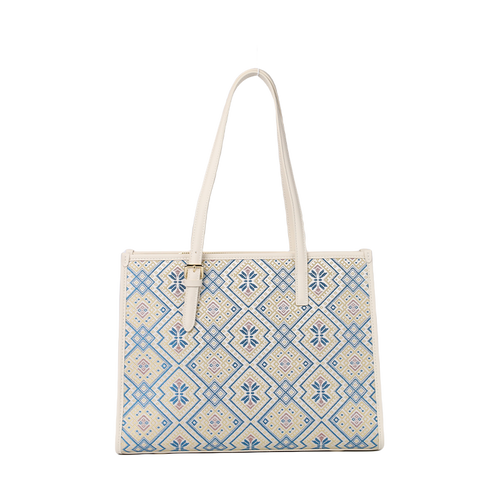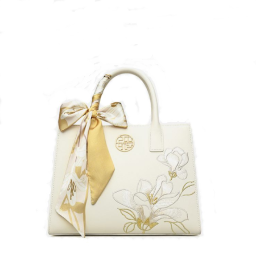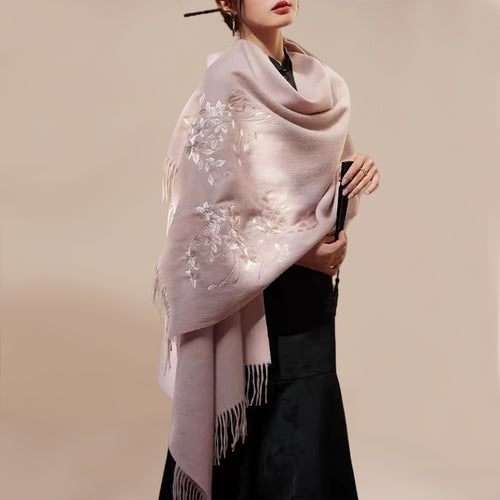In 2002, Liping Sun embarked on the journey of learning the culture of incense (Xiangdao) under the guidance of Dehui Chen. Starting in 2003, she organized dedicated teams to participate in exhibitions nationwide, tirelessly promoting the culture of incense for decades.

Introduction to Guangzhou Incense Culture
The history of incense culture in Guangzhou is ancient and profound. It is a unique culture that evolved through people's long-term practices, discovery, research, and the production and appreciation of incense. It involves sensory experiences such as sight, touch, and smell, transcending into a spiritual understanding. The roots of Guangzhou's incense culture can be traced back to the traditional culture of the Central Plains and are documented to have originated no later than the Tang Dynasty.
The people of Guangzhou hold a deep reverence for incense culture. Liwan District has been an old city area in Guangzhou, and the tradition of appreciating incense persisted through the Ming and Qing periods. Whether in the deep courtyards of merchants, Daoist temples, Buddhist monasteries, Confucian scholars' studies, or even in the well-off households of ordinary people, wisps of light smoke would often waft, and people from different social classes regarded burning and appreciating incense as an elegant pursuit. Before women in the Xiguan area got married in the past, they needed to embroider batches of incense bags or sachets as gifts for sisters and friends, showcasing the skillful and artistic qualities of Xiguan women and indirectly reflecting the value of incense materials. After the reform and opening up, Guangzhou's incense culture, as a quintessence of traditional Chinese culture and a national treasure, has experienced a revival. More and more people are drawn to the spiritual aspects of incense in terms of collecting and appreciating, experiencing the profound mysteries of incense culture.
Seal Pressing Incense
Seal pressing incense is a method of igniting powdered incense to produce various patterns. In ancient times, it was commonly used in Buddhist halls, studies, and bedrooms, serving not only as a means of concentrating the mind but also as a timing tool. Liping Sun emphasizes the need for focused attention and breath control when seal pressing incense. Throughout the entire process of filling incense, one should avoid moving the incense seal to prevent the patterns from dispersing or deforming. From mastering the amount of incense powder to maintaining composure during the process, one learns precision and concentration. Through seal pressing incense, one learns to be gentle and soothing, using incense to cultivate the self, refine one's character, and nurture the mind.
About Sunliping
Inheritance Since 1999, Liping Sun has been dedicated to the promotion and inheritance of incense culture. In 2000, she meticulously selected premium materials such as sandalwood and agarwood from major producing areas worldwide, ensuring consistent quality and obtaining international G5 quality certification. The Old Mountain Incense brand series she manages sells well nationwide and is exported to Southeast Asia, Europe, and the United States. Liping Sun has also conducted incense culture inheritance courses at venues such as the Cantonese Opera Museum, Liwan District Education Bureau, Liwan District Public Security Bureau, and Zengjiao Primary School, showcasing the richness of incense culture.

Incense culture inheritance cannot rely solely on historical resonance. The increasingly diverse commercial demands have prompted continuous innovation in incense products within the inheritance process. This requires excellent talents in the field of incense, namely the power of incense masters. Liping Sun currently serves as the Executive Vice President of the Youth Intangible Cultural Heritage Inheritance Association in Liwan District, Guangzhou. She will continue on the path of inheriting incense culture, a blend of ancient wisdom and modern innovation. Incense culture, with its unparalleled charm, deserves to be known by more people.























































